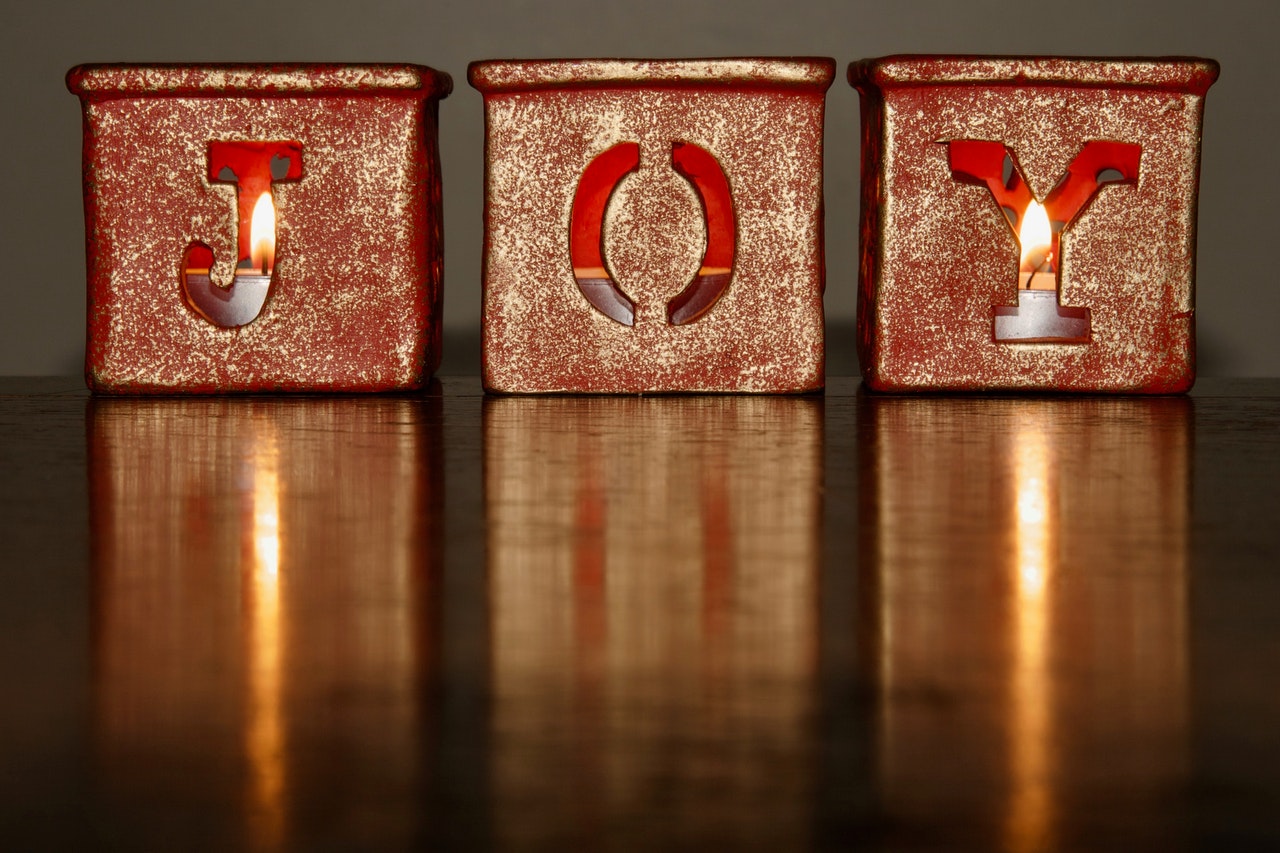Reflection for the Third Sunday of Advent .Year B. 2017
– By Fr Ugo Ikwuka
Archway, London
A certain monastery was going through a crisis; some of the monks had left and no new ones were joining. There was also a drastic drop in pilgrims who call in for prayers and consultation. The few remaining monks were becoming old and grumpy.
The head-monk (Abbot) went to consult a hermit (guru/spiritual Master) about the situation. The hermit told him that he has a secret for him; that one of the monks now living in his monastery is actually the Messiah, but he lives in disguise that no one could recognize him.
The Abbot goes back to the monastery and delivers the message from the hermit. The aging monks look at each other in unbelief, trying to discern who among them could be the Christ. Could it be Brother Mark who prays all the time? But he is arrogant. Could it be Brother Joseph who is always ready to help? But he eats and drinks too much?
The disclosure that the Messiah has adopted some bad habits to disguise his real identity made the monks all the more confused; they could not make a headway figuring out who was the Christ among them. At the end of the meeting what each one of the monks knew for sure was that any of the monks, excepting himself, could be the Christ.
From that day however, they all began to treat one another with greater respect, love and humility, knowing that the person they are speaking to could be the very Christ. Their community life became more brotherly.
Gradually people began to take notice of the new spirit in the monastery and started coming back for retreats and spiritual direction. Word began to spread, and before long aspirants started knocking. The monastery came alive again as the monks grew in zeal and holiness.

The transformation happened because a man of God drew their attention to the truth that Christ was living in their midst as one of them. That’s the powerful message John the Baptist also tries to announce in today’s Gospel to the Jews anxiously waiting for the coming of the Messiah at the time. John tells them: “there among you stands someone unknown to you – the one who is coming after me; I am not worthy to untie the strap of his sandal”.
The Jews of the time could not recognize Jesus as the Messiah because they have their set notions of how the Messiah was going to come: He would suddenly descend from heaven in divine power and majesty and establish his reign by destroying the enemies of Israel.
As they voiced out in John 7.27 “No one would know where he came from, because he came from God”. So when Jesus finally came, born of a woman like every other person, he was too ordinary, too unimpressive to meet their expectations.
But after 2000 years, are we any better in recognising the God who comes in the needy to feel my kindness, in the familiar faces around me to feel my mindfulness, and even in the challenging people around me to feel my perseverance.

On this third Sunday of Advent (Gaudete Sunday), the Church also bids us rejoice always (Gaudete means ‘rejoice’ in Latin). It is a command taken from Paul’s First Letter to the Thessalonians which we have as our Second Reading.
A realistic normal person will rejoice sometimes, not always. As we sing in the Lord of the Dance, “It’s hard to dance with the devil on your back.” Should I rejoice that I’ve lost a dear one or rejoice that my house is on fire? That’s crazy!
But that’s not what St. Paul is about. He is rather appreciating that a victory of universal importance has been won through the resurrection of Jesus; a victory so powerful and so complete that no evil the world throws at us could ever undo it.
Providing more details in his letter to the Romans he writes ‘I am certain that neither death nor life, neither angels nor principalities, neither height nor depth nor any other creature could ever separate us from the love of God’.
He recognises that there are heights and depths, ups and downs including death but none of these can separate us from the love of God. It is on that basis that we are to rejoice always; that’s why we see, in the life of the saints, people who endure the worst kind of suffering and yet have the unparalleled sense of peace.

So, even as I feel depressed with a diagnosis of cancer (which is a normal psychological reaction in the circumstances), I am convinced as a believer that the most important victory has been won since not even death itself could rob me of the sanctuary of God’s love and peace.
The call to rejoice is perhaps the most neglected of all our Christian obligations but the fact of our faith is that in the death and resurrection of Jesus, we have all we need to be happy.




